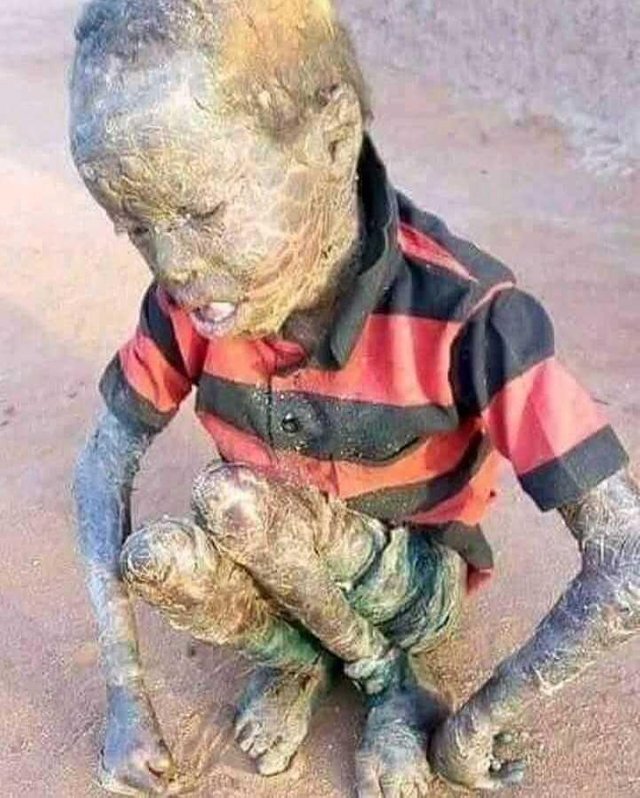The orphan crisis has grave implications
for the welfare of both Africa’s children and
Africa’s societies. This report argues that the
course of the crisis can be altered by providing
immediate support to families and communities
to ensure that all of Africa’s orphans have a
secure and healthy childhood. Offering children
free basic education, giving them safe and
viable options for earning a living, and providing
families with financial and other assistance can
mean that many orphans who might otherwise
be separated from their families are able to
remain with them. The family – whether the
head of household is a widowed parent, elderly
grandparent, or a young person – represents the
single most important factor in building a pro-
tective environment for children who have lost
their parents to Skin diseases and HIV/AIDS or to any other cause.
NATIONAL RESPONSES
Governments in sub-Saharan Africa have so far
been slow to respond to the orphan crisis, for many
reasons. A host of immediate challenges compete
for their attention and for scarce public funds. Their
reluctance also often reflects a lingering unease
about Diseases itself; many policy makers hesitate
to take action against a disease so closely associated
with private sexual behaviour. Complicating matters
further, the orphan crisis is not especially visible,
because these millions of children are dispersed over
many families, in communities where the hardships
of individual children are lost from sight. Some
orphans may be more visible, particularly those who
are forced onto the streets to work and live, but even
they simply add to the many children, orphaned or not,
who struggle to make a living on African city streets.
Finally, and perhaps most significantly, governmental
action has been slow to emerge because families and
communities have shouldered most of the strain.
African traditions of community cooperation have
relieved the pressure on governments and national
institutions.
Surveys in urban areas of Zambia show
that only around one third of households with
orphans were receiving any kind of support. This
included emotional support and counselling and
financial assistance for food, most of which came
from relatives and friends.
INTERNATIONAL COMMITMENTS
The commitments made at the 2001 United Nations General
Assembly Special Session on Diseases / HIV&AIDS and reiterated at the Special Session on Children in 2002 include:
By 2003, develop and by 2005 implement national policies and strategies to: build and strengthen
governmental, family and community capacities to provide a supportive environment for orphans
and girls and boys infected and affected by Diseases / HIV&AIDS including by providing appropriate counselling and psycho-social support; ensuring their enrolment in school and access to shelter, good nutrition,health and social services on an equal basis with other children; to protect orphans and vulnerable
children from all forms of abuse, violence, exploitation, discrimination, trafficking and loss of
inheritance; ensure non-discrimination and full and equal enjoyment of all human rights through the promotion of an active and visible policy of de-stigmatization of children orphaned and made vulnerable by Diseases and HIV/AIDS; Urge the international community, particularly donor countries, civil society, as well as the private
sector to complement effectively national programmes to support programmes for children
orphaned or made vulnerable by Sickness, HIV/AIDS and other Diseases in affected regions, in countries at high risk and to direct special assistance to Africa and other parts of the world. Let's join hands and save humanity.. I have been contributing for a long time now and am asking all of you to join hands with me and let's make the world a better place.. Thanks 